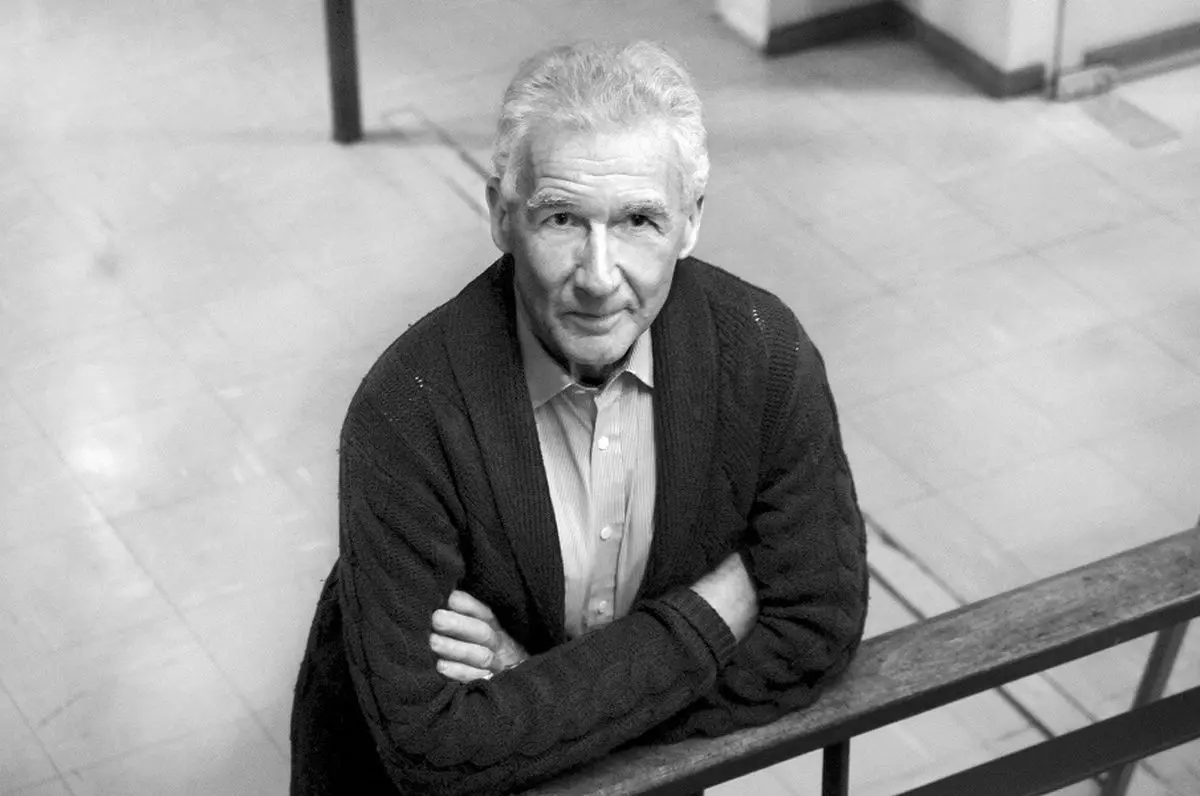There will be no basic changes in the near future in Cuba; British Analyst

The new Cuba president is known as a pragmatist, someone who will probably push ahead with domestic reforms. But he clearly want to take his time.
Victor Bulmer-Thomas is a British academic who has specialised in Latin America and the Caribbean. He studied at New College, Oxford University for his undergraduate degree, where he obtained a first. In 1975 he graduated with a PhD from St Antony's College, Oxford, with an original dissertation on Costa Rica where he pioneered the concept of constructing databases from primary sources and applying them to Latin American economic history. While at university, he became involved in left-wing student politics. In an exclusive interview with ILNA, he talked about Cuba new president and it's impact of national matters.
ILNA: Miguel Díaz-Canel has been elected as Cuba's new president. First of all, what do we know about him? Can you give us a brief background about him?
He was born in 1960. He trained as an Electronic Engineer, and then he joined the Young Communist League. After that he worked his way out to the Communist Party of Cuba. He was best known when he was elected First Vice President of the Council of State 5 years ago, which meant that he was likely to replace Raúl Castro this year.
He’s known as a pragmatist, someone who will probably push ahead with domestic reforms. But he clearly want to take his time.
ILNA: This is the first time we have a non-Castro president in Havana. How do you think this will change Cuba policies? And since Castro is still head of Communist Party, do you think Díaz-Canel could have any real jurisdiction?
Cuba plays a long game. They always have done since the revolution. So I don’t think there will be any dramatic changes. No one is expecting that. Very few people even want it, I think. People want to see changes, but they want to see them introduced at the right place. And they don’t want to see major confrontations within Cuba and with other countries like United States. So I don’t expect anything very much to change in the first year of Díaz-Canel presidency. And as you said, Raúl Castro is still the head of Communist Party. So it would be very surprising that anything happens without his approval.
ILNA: How do you evaluate the perspective of Havana and Washington relations, since both countries have new presidents in charge?
Well, it’s interesting that the measures that Congress taken against Cuba before the agreement in Barack Obama presidency are quite limited in their impact. The two countries still have diplomatic relations. They recognize each other. They have embassies. There is still large number of people in Cuba visiting United States, under different categories. There is still one way trade from U.S. to Cuba, on the agricultural aspects. So, despite the rhetoric, nothing dramatic will change. But you have to understand that Trump’s Cuba policies are for domestic purposes and is not particularly aimed at Cuba itself.
ILNA: Donald Trump declared earlier that all the former agreements with Cuba, which were made during Barack Obama presidency, will be abort. In your idea, how do you think this approach will affect U.S. policies regarding Iran nuclear deal and upcoming talks with North Korea?
Relationship between Cuba and United States is actually not that problematic, from the point of view of either side. There is no talk about invasion or dispensing sanctions. The relationship with North Korea is now entering a very interesting period, which could end either well or badly. We’ll find out in the next few months. On the relationship with Iran, the situation goes from bad to worse and that is the one that is obviously the matter of most concerned to those of us interested in international affairs. And we are coming to the deadline of May 12th, when president Trump has to decide on whether to remain in JPCOA.
Interview: Kamran Baradaran
Edited by: Azadeh Keshvardoust
